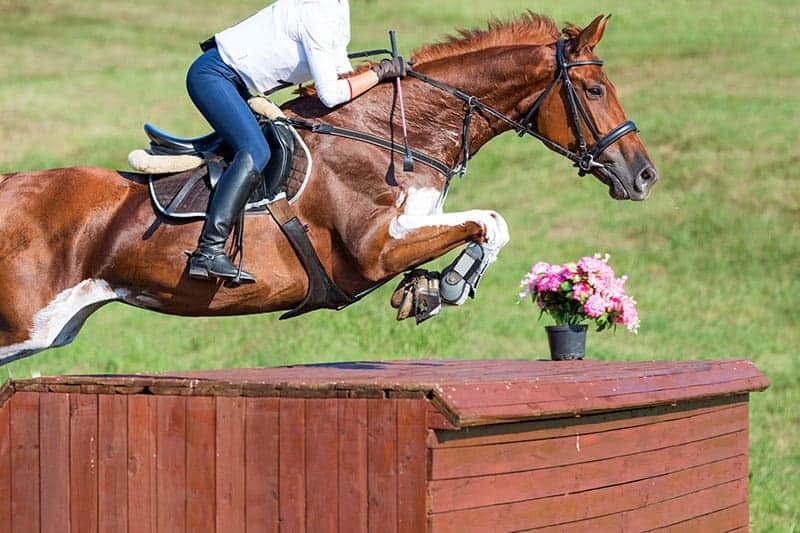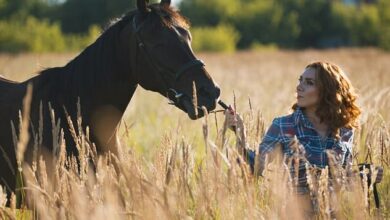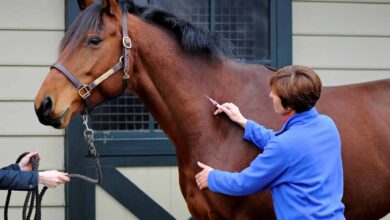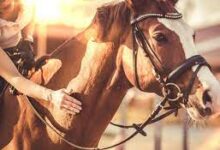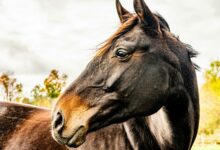by Ahmed Yousef,
Preparing your horse for the upcoming competition season requires careful planning and regular training to ensure that the horse is in its best physical and mental condition. Proper preparation goes beyond just physical training; it also involves proper nutrition, thorough healthcare, and building trust between the horse and rider. In this article, we will discuss how to comprehensively prepare your horse for the upcoming competition season to achieve the best results.
Phase 1: Assessing the Current Condition of the Horse
The first step in preparing the horse is to assess its current health and physical condition. It is important to conduct a thorough examination with the help of a veterinarian to identify any health issues that need to be addressed before starting intensive training. The horse’s fitness level should also be evaluated to determine the focus areas in the training program.
- Veterinary Check: Ensure joint and muscle health, and check the teeth to prevent any issues that could interfere with eating.
- Fitness Assessment: Determine the horse’s current fitness level by assessing endurance and flexibility.
Phase 2: Developing a Gradual Training Program
After assessing the horse’s condition, a gradual training program should be developed to help the horse regain fitness and reach the desired level before competitions begin. The program should be varied and include:
- Aerobic Training: Light jogging and long-distance running help build cardiovascular endurance. These exercises improve the horse’s ability to work for extended periods without fatigue.
- Strength Training: Strengthen the horse’s muscles through hill work and small jump exercises. These exercises help develop muscle power and increase preparedness for jumping or racing.
- Balance and Flexibility: Balance exercises such as moving along narrow paths, and flexibility exercises involving turns and direction changes help improve the horse’s balance and responsiveness to rider commands.
Phase 3: Proper Nutrition
Nutrition plays a major role in preparing the horse for competition. A balanced diet that includes proteins, carbohydrates, fats, vitamins, and minerals should be provided to ensure that the horse receives all the necessary nutrients.
- Proteins: Essential for muscle building and strengthening the horse. Protein-rich feeds like alfalfa can be provided.
- Carbohydrates: The main source of energy for the horse, including grains like oats and barley.
- Supplements: Vitamins and mineral supplements can be added to enhance the horse’s overall performance.
Phase 4: Health and Preventive Care
Health and preventive care include maintaining the horse’s general health and ensuring it is free from any diseases that could affect performance.
- Vaccinations: Ensure the horse has received all necessary vaccinations to protect against infectious diseases.
- Hoof Care: Regular hoof trimming to ensure they are in good condition and provide comfort during movement.
- Weight Monitoring: Ensure the horse is at an optimal weight, as excess or insufficient weight can affect performance.
Phase 5: Building Trust Between Rider and Horse
Trust between the rider and the horse is a key element of success in competitions. This trust should be fostered through joint training and continuous communication.
- Joint Training: Spending ample time with the horse training on basic skills, such as jumping and running, helps build trust between the rider and the horse.
- Calm Communication: Using gentle vocal commands and touches to guide the horse positively and without tension.
Phase 6: Mental Preparation
In addition to physical training, the horse’s mental preparation must also be considered. Horses, like humans, can experience stress and anxiety. This tension can be alleviated by:
- Training on Familiar Tracks: Familiarizing the horse with the training or competition environment beforehand helps reduce stress.
- Exposure to Challenges: Exposing the horse to situations similar to those it will face in competitions helps it adapt to pressure.
Phase 7: Rest and Recovery
Rest is an essential part of preparing the horse for competition. The horse should be given enough rest between intensive training sessions to allow its muscles to recover and avoid injuries.
- Relaxation After Training: After each training session, the horse should be allowed to walk slowly to relax and prevent muscle stiffness.
- Cold Therapy: Cold therapy can be used after strenuous exercise to reduce inflammation and speed up recovery.
Preparing your horse for the upcoming competition season requires attention to all aspects of care, from health assessment and proper nutrition to physical training and trust-building. By following a comprehensive training program that includes strength, endurance, and balance, along with good health care and mental preparation, you can ensure that your horse is in peak condition when entering competitions, increasing the chances of success and excellence

